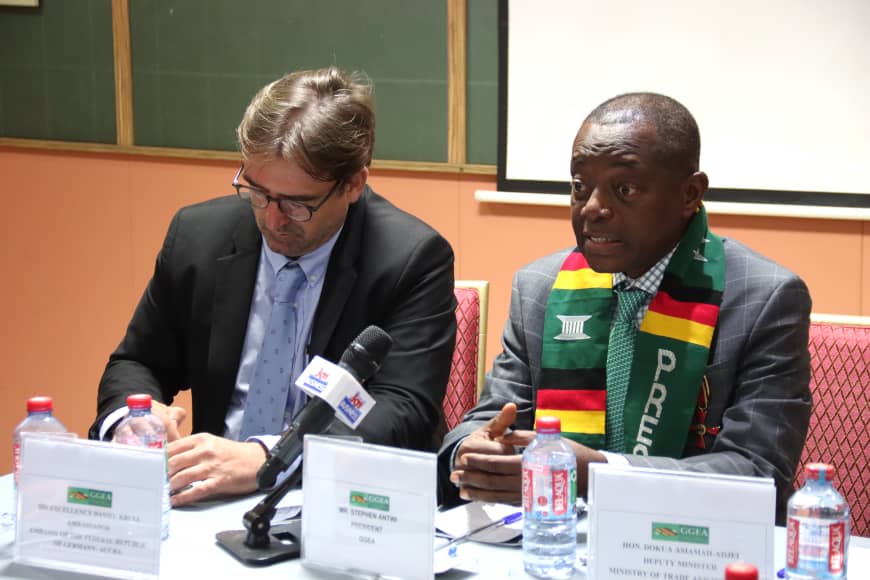The German government has pledged to continue investing in Technical and Vocational Education and Training (TVET) in Ghana to develop more skilled labour for the job market.
The German government is hopeful that helping to improve the quality and quantity of a skilled workforce in Ghana will significantly raise more trained workers who can take advantage of the acute labour shortage in Germany, as the country looks to admit 400,000 new foreign workers per year for the labour market.
The German Ambassador to Ghana, Daniel Krull, who made this known at a special business forum by Ghanaian-German Economic Association (GGEA) in Accra last week Wednesday, stated that the unavailability of a skilled workforce had become a nightmare for industries in Germany.
“There is a clear understanding now that Germany has to do a lot to attract more qualified people who will be willing or interested to consider living and working in Germany.
“The German government is working on that and so do we here in the German Embassy in Ghana in the next couple of months,” he added.
He said German industries needed qualified labour to fill the estimated 400,000 gap of skilled foreign workers per year.
“And so, there is a huge lack of qualified personnel across industries in all sectors of the German economy,” Mr Krull said.
Migration policy
Towards that, Mr Krull said the German government was taking keen steps to revise its migration policy to attract more foreigners who would take advantage of the gap in its labour market.
He said that the primary way Germany could solve the problem was by bringing in skilled immigrants into the country to fill essential vacant positions.
Given that 100 Ghanaians received visas for taking up skilled jobs in Germany each year, Mr Krull said there was a huge potential for qualified skilled Ghanaian labour to live and work in Germany.
The ambassador noted that the German government believed that professionally managed migration could boost the development of various economies, including Ghana.
He explained that Germany was one of the biggest donors of the TVET programme in Ghana and was more committed to continue supporting in that regard.
“We will further increase our engagement with TVET institutions and technical universities in Ghana, to raise more qualified people to fill in the gap in Germany.
“We do not believe that this is about risk of brain drain, given that we do a lot to train more qualified Ghanaian skilled labour,” he added.
The President of the GGEA, Stephen Antwi, asked for stronger collaboration between the government and businesses to help create an enabling environment that would propel growth.
He said businesses with links to Germany operating in the country had gone through a number of challenges as a result of the COVID-19 pandemic and the Russia-Ukraine war.
Mr Antwi indicated that the government must be able to take steps that would help alleviate the current plight of businesses.
“No matter how you look at it, the state of businesses today is nothing to write home about, we have issues and challenges which we believe are not unsurmountable.
“Although the environment in which we operate is challenging, we look to a future with a lot of hope, expectation and with the belief that businesses and the government can chart a better path that would lead to prosperity,” the GGEA president said.
The forum
The forum, which is an initiative of the association, is a series of dialogues that feature selected topics and is aimed at influencing government policies in favour of businesses.
Dubbed, “CEOs’ time with the ambassador and the minister,” the interactive forum brought together chief executive officers (CEOs) and captains of industry from German and Ghanaian companies, as well as other private sector entities, to discuss issues confronting them, and more importantly, explore opportunities to proffer solutions.
Source: graphic.com.gh





